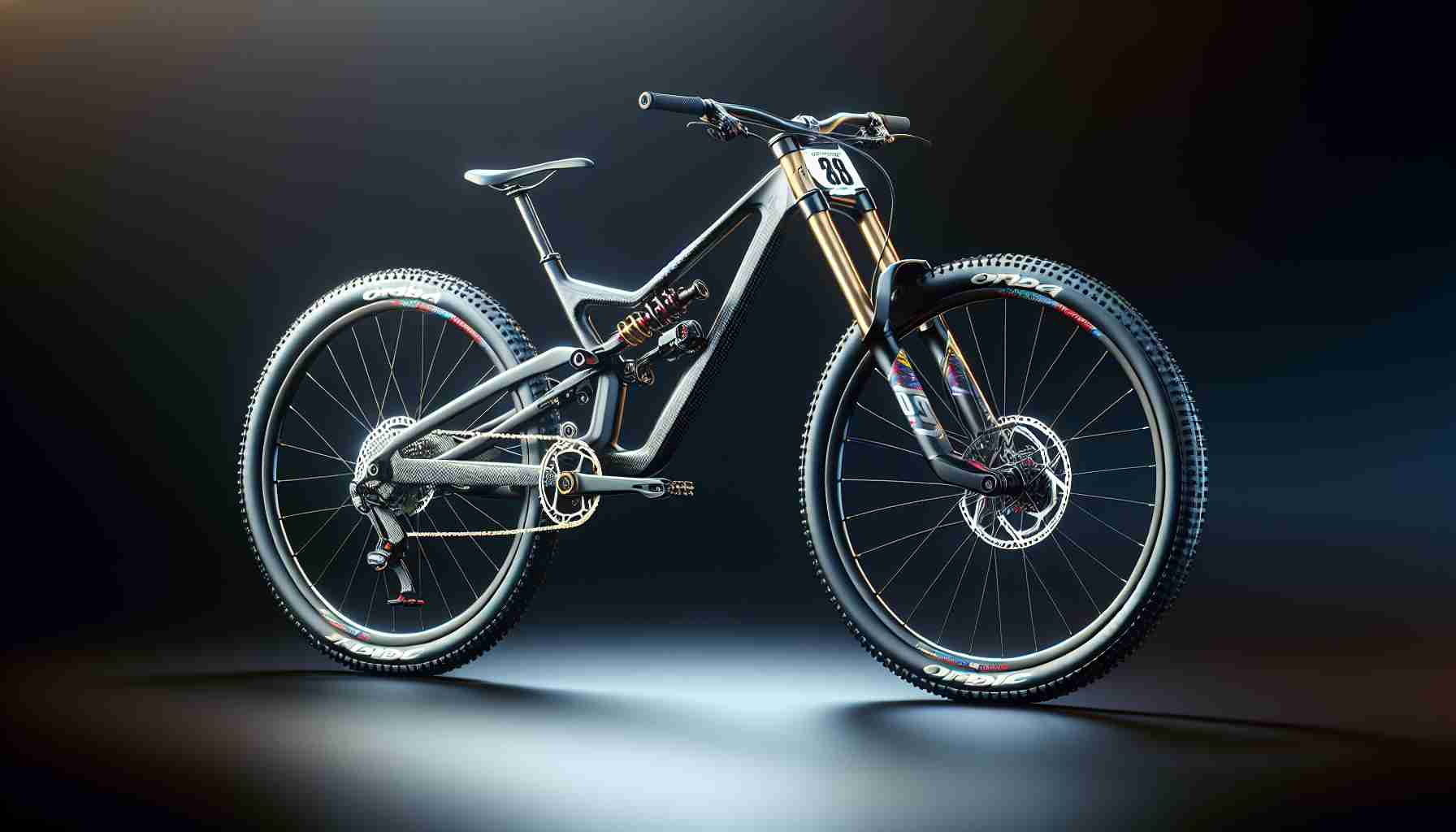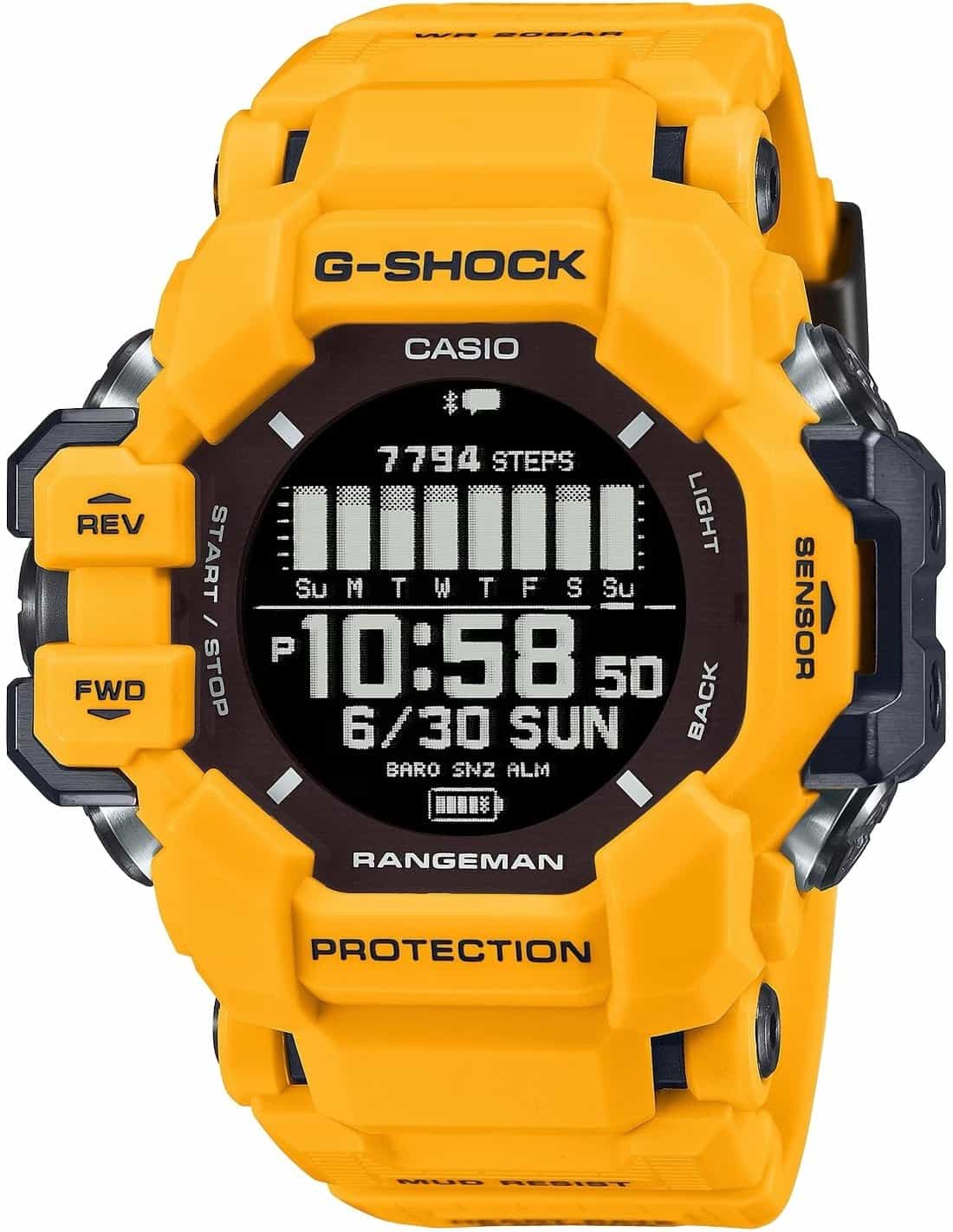After encountering a massive technological glitch during its initial launch, Minnesota’s e-bike rebate application program is gearing up for a second attempt. The Minnesota Department of Revenue opened applications a month ago, but the site crashed due to an overwhelming amount of traffic. Only a handful of people managed to successfully submit their applications before the website was shut down.
However, the state government and its third-party vendor have been diligently working on a solution to ensure a smoother experience. This week, the Minnesota Department of Revenue announced their readiness to relaunch the program, with a few notable changes to handle the anticipated demand.
Similar to purchasing popular concert tickets, applicants may find themselves waiting in a virtual waiting room if the site experiences high traffic. This measure will help regulate the influx of users when the application opens. Individuals will be granted access to the application page based on the order in which they entered the waiting room. Once inside, applicants will have 15 minutes to complete and submit their application.
The surge in demand for this rebate program can be attributed to the limited funding available. The State of Minnesota has allocated $2 million for this year and another $2 million for the following year. Therefore, only a limited number of applicants will receive rebates, with a maximum amount of $1,500 based on income and bike cost. The state expects to award approximately 1,300 rebates this year.
Given the program’s popularity and limited funding, the Department of Revenue anticipates a brief application window. They will only accept around 10,000 applications before closing the website. Applicants still in the waiting room will be informed that they are no longer able to apply this year.
The application window for this year’s program will open at 11 am on Tuesday, July 2, on the Minnesota Department of Revenue’s e-bike rebate webpage. Applicants are advised to have the necessary information ready, such as their personal details, Social Security Number or Individual Taxpayer Identification Number (ITIN), tax filing status, and adjusted gross income from the previous calendar year.
Once an application is submitted, an email confirmation will be sent to the applicant. Applications will be processed in the order they were received, and successful applicants will receive their rebate certificate via email by July 10. The certificate must be utilized at an approved retailer within two months before it expires. Applicants who are asked to provide additional information will have 21 days to do so. Those placed on a waitlist may have a chance to receive one of the remaining rebate certificates.
In the event that individuals are unable to secure a rebate this year, there will be another application opportunity in the summer of 2025, following a similar process to this year’s application window.
Minnesota’s e-bike rebate program aims to support residents in purchasing environmentally friendly transportation alternatives, making commuting easier while reducing carbon emissions. With the upcoming relaunch, the state is optimistic about providing more individuals with the opportunity to embrace the benefits of e-bikes.
The e-bike industry has been experiencing significant growth in recent years, driven by the increasing demand for environmentally friendly transportation alternatives. E-bikes, or electric bikes, are bicycles that are equipped with an electric motor to assist with pedaling. They offer a convenient and eco-friendly mode of transportation, particularly for commuting in urban areas.
According to market forecasts, the global e-bike market is expected to grow at a compound annual growth rate of over 9% from 2021 to 2028. Factors such as rising fuel prices, growing concerns about air pollution, and the need for sustainable transportation options are driving the market demand for e-bikes. In addition, advancements in battery technology and electric motor efficiency have made e-bikes more accessible and affordable for consumers.
The e-bike industry is not without its challenges. One major concern is the limited availability of funding for rebate programs, such as the one offered by the state of Minnesota. As mentioned in the article, the state has allocated $2 million for this year and the following year to support the e-bike rebate program. However, with the surge in demand and the maximum rebate amount of $1,500, not all applicants will receive rebates. This limited funding poses a challenge for both the state government and potential e-bike buyers.
Another issue is the technological infrastructure needed to support the high traffic that e-bike rebate application websites can experience. As seen in the case of Minnesota’s e-bike rebate program, the initial launch of the website was met with overwhelming traffic, leading to a website crash and the suspension of applications. To address this issue, the state government has implemented measures such as a virtual waiting room to regulate the influx of users and ensure a smoother application process.
For more information about e-bikes and the industry, you can visit the following links:
– E-Bike Magazine: This website provides news, reviews, and information about e-bikes, including the latest trends and developments in the industry.
– Grin Technologies: Grin Technologies is a company that specializes in the design and manufacture of e-bike components. Their website offers technical resources and information about e-bike technology.
– Statista: Statista is a leading provider of market and consumer data. Their website provides statistics and forecasts on the global e-bike market.
– Electric Bike Report: Electric Bike Report is a website dedicated to e-bike news, reviews, and industry updates. It offers insights into the latest trends and developments in the e-bike market.
By promoting the use of e-bikes through rebate programs and supporting infrastructure, states like Minnesota are playing a crucial role in encouraging sustainable transportation choices and reducing carbon emissions. With the relaunch of the e-bike rebate program, more individuals will have the opportunity to embrace the benefits of e-bikes and contribute to a greener future.
















